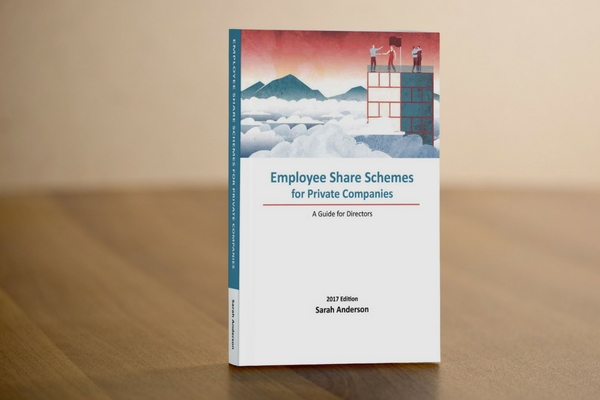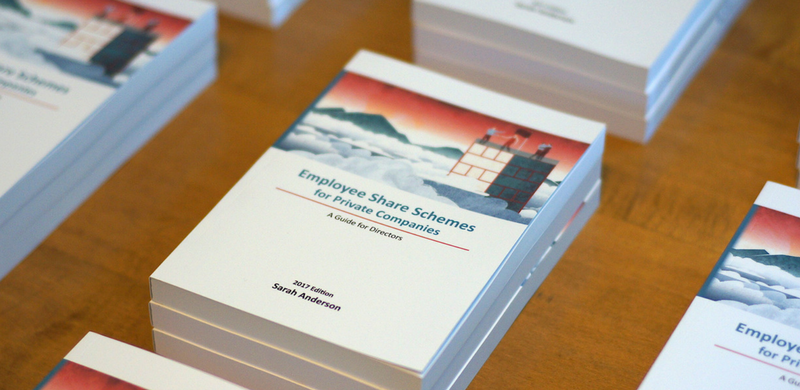All employee share schemes
There is plenty of evidence that, properly structured all employee share schemes can improve company performance, in part by delivering high employee engagement and a strong ownership culture. Names like Microsoft, Google and Starbucks from the United States and, closer to home, the John Lewis Partnership, Arup and Unipart in the UK are all outstanding examples of businesses which have embedded all-employee ownership into their way of doing business.
With clear performance related and motivational benefits for employees, and an extremely favourable legal and tax framework for all employee share schemes, private companies should not overlook the opportunities offered by wider employee share ownership.
The Share Incentive Plan
The Share Incentive Plan (SIP) is the most tax efficient employee share plan available in the UK, with the possibility of a zero tax rate on gains for employees and significant NICs saving for companies.
The plan also allows huge flexibility, with employees enabled to buy shares out of pre=tax salary, or to be gifted shares free, without any tax arising. A “buy one get two free” approach is also available.
The Enterprise Management Incentive Plan
EMI options are the most popular way for smaller, private companies to deliver equity to employees. EMI is typically used to target key staff, but there is no reason why it can’t be extended to all employees in the company, provide that the company-wide limit on the value of options (£3m) is not exceeded.
Company Share Option Plan
Not all companies qualify for EMI. CSOP is slightly less favourable than EMI, with lower limits, but a CSOP can still deliver tax efficient share options for employees.. Like EMI it is traditionally used as a scheme for key staff, but can be extended company wide if required. Although there are limits on value granted to each individual there are no company limits so in this respect the CSOP has a slight edge over the EMI as an all-employee scheme.

Over 12 years' experience in the employee share plan sector. Caroline and her team oversee the administration of our client's share plans.
Caroline Parker
Operations ManagerDownload Free Fact Sheet
How can RM2 help
In a private company, where there is no public market in the shares and no immediately available share value care needs to be taken with the design of the scheme and we can guide you through how to structure your plan, communicate it, administer it and ensure its ongoing compliance:
How it is structured
The simplest scheme will allow employees to exercise share options and thereby hold shares only momentarily before the company is sold. This gives employees an economic stake without full ownership rights.
For companies that do not intend to sell or want to make employees shareholders in the future, care needs to be taken with share rights and restrictions, voting rights and rights to dividends.
How it is communicated
With no no public market in the company's shares, there is no independent press commentary or analysts' reports on the company. So the directors are the sole source of information about company performance.
Experience shows that it pays to take time to brief employees about the key drivers of company performance, company profit and share value. Openness and disclosure is invariably rewarded with strong commitment and full engagement from employee owners.
How share trades are handled
It is not practical to arrange share trades in a private company too frequently. Quarterly, six monthly or even annual dealing days usually suffice. Share trades are normally performed at the last calculated share value, though some companies encourage a more permissive trading culture and invite employee sellers and buyers to set their own price, though this is not common. Most companies insist that shares are sold back to the company or to an Employee Benefit Trust as a first option. This keeps ownership under tight company control.
How leavers are dealt with
Most companies like to distinguish between "good leaver" (employees who die or who have to leave through illness, disability or redundancy) and "bad leavers" (everyone else). This distinction determines whether the leaver gets any value for their shares and, if so, at what level. Usually, companies like to reserve some discretion for directors to decide who is a good leaver, to allow for exceptional circumstances.
RM2 have more experience than any other team in the UK in designing, implementing and operating employee share schemes. We’ve worked with hundreds of private companies and established more than a 1,500 private company share plans.
To unlock the power of employee ownership in your company, and for a free consultation with one of our technical experts without commitment, call 020 8949 5522 or email enquiries@rm2.co.uk.





